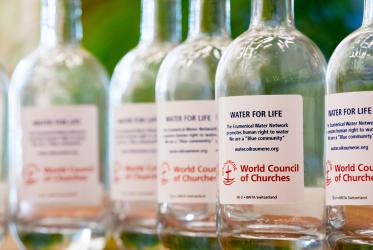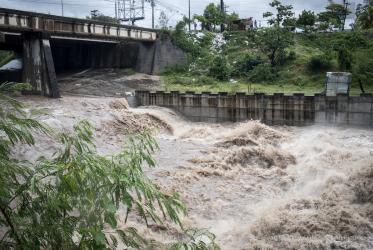Displaying 141 - 160 of 386
Seven Weeks for Water 2021
17 February - 29 March 2021
World Social Forum convenes to “express and practice solidarity”
28 January 2021
Rethinking Ecological Relationships in the Anthropocene era
11 - 13 February 2021
WCC Eco-School 2020 for Pacific region is further postponed
14 January 2021
Global webinar will discuss environment, agriculture and water
03 December 2020








